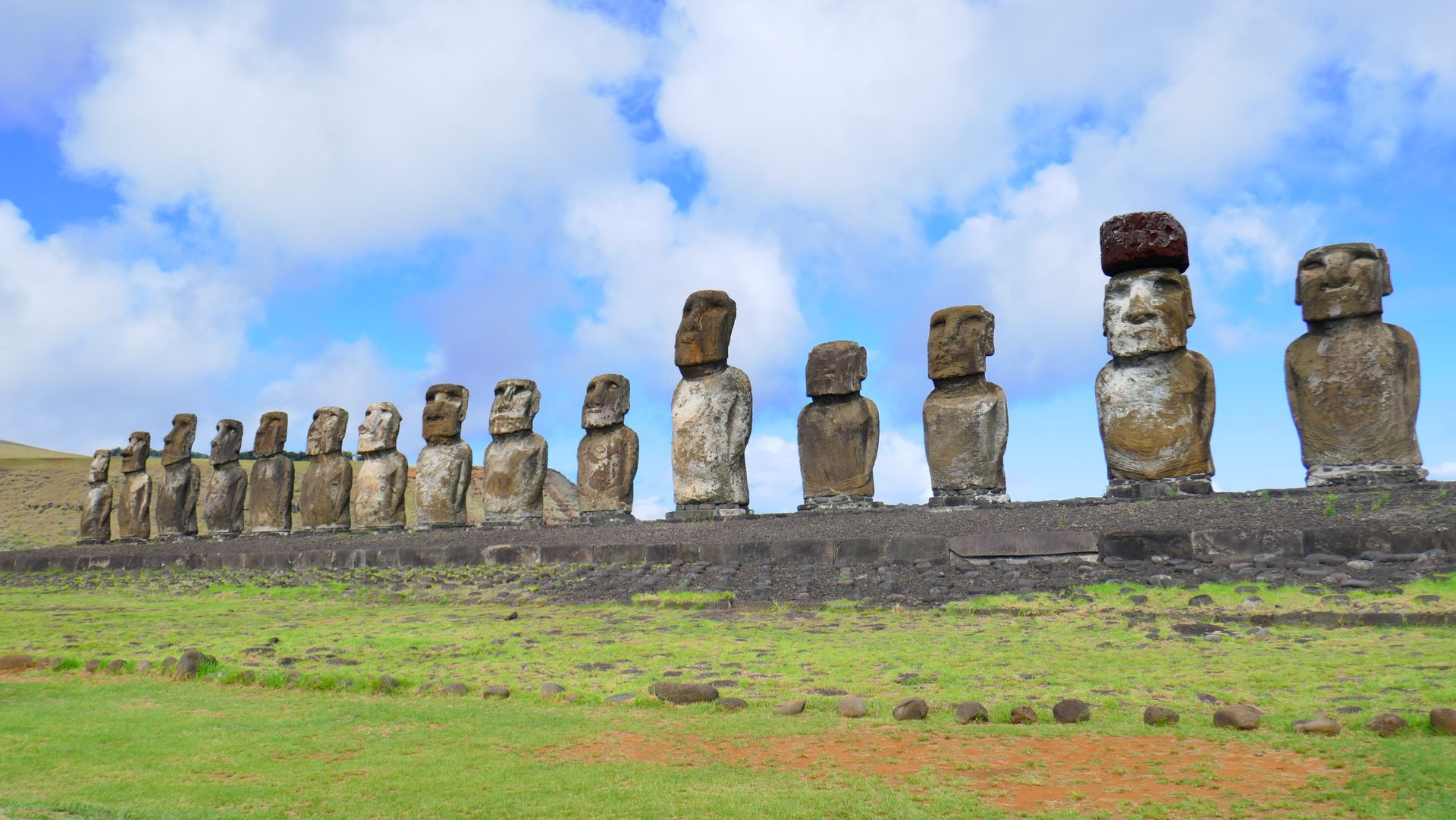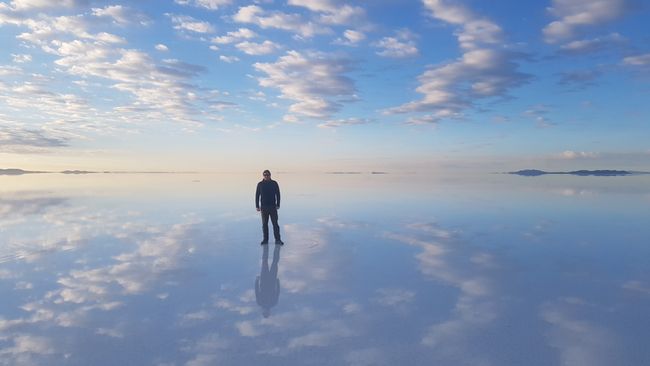
Marc El Viajero
vakantio.de/marcelviajero
El Salvador - Santa Ana
Uñt’ayata: 14.11.2018
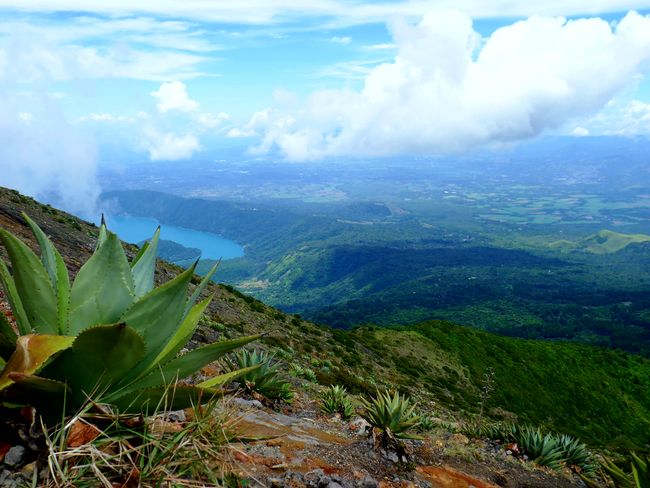
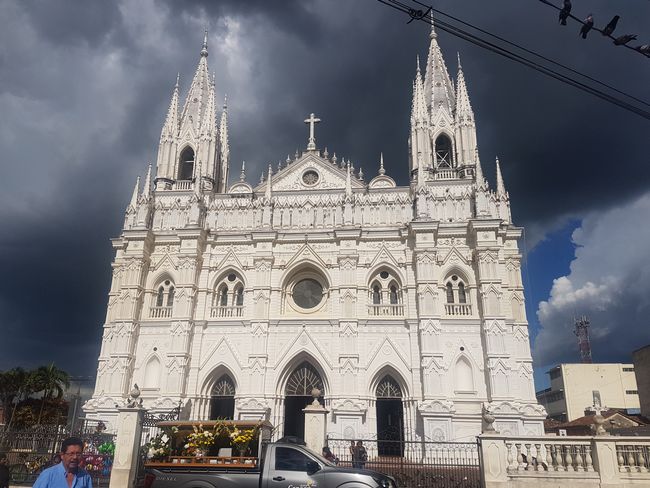
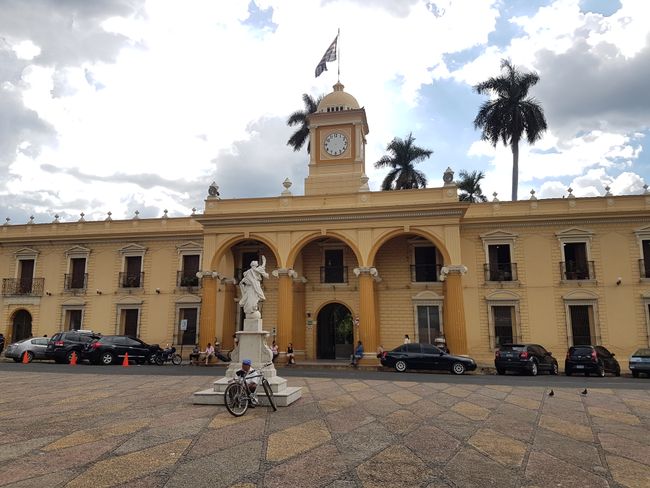
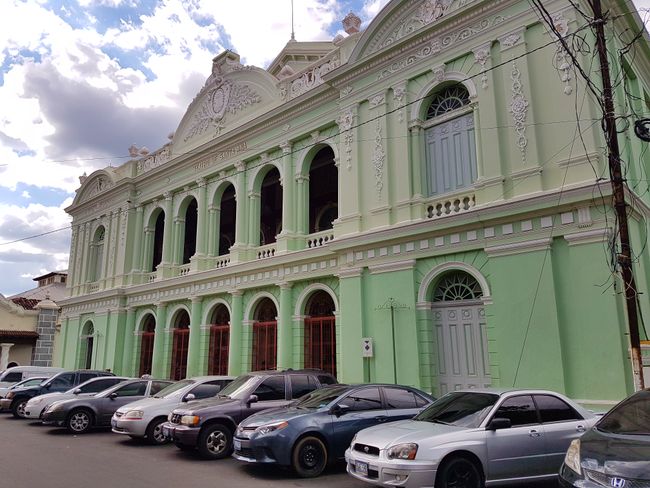
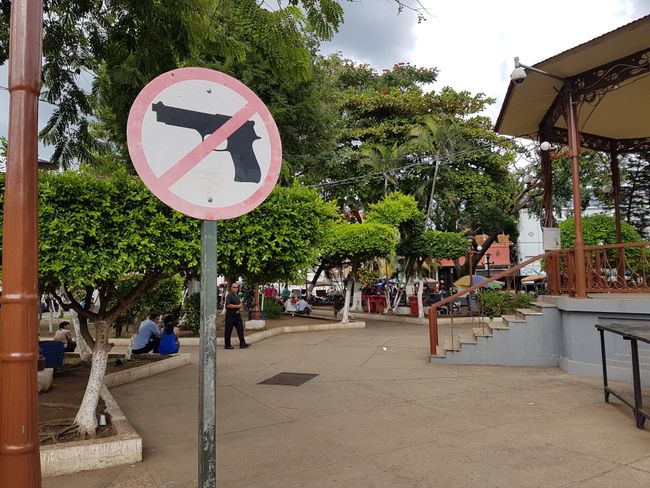
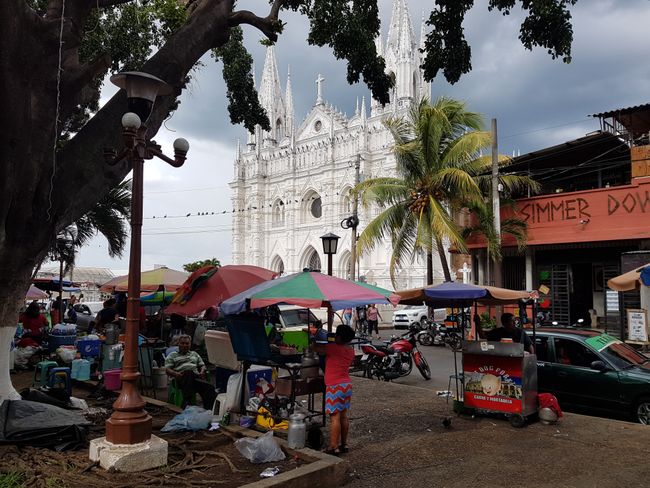
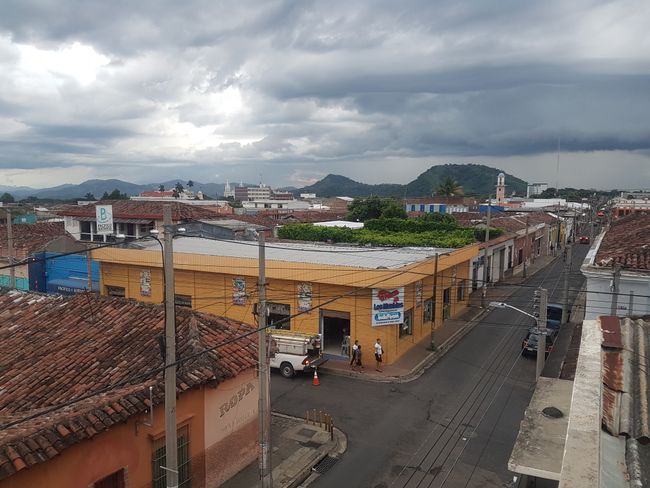
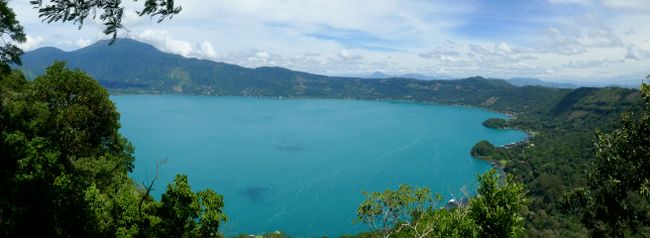
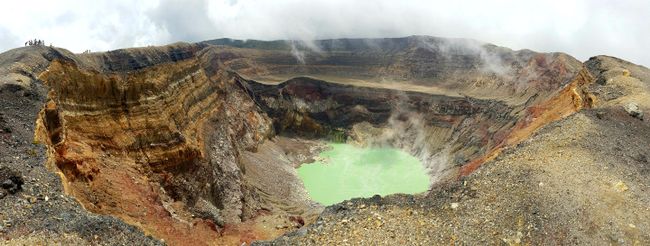
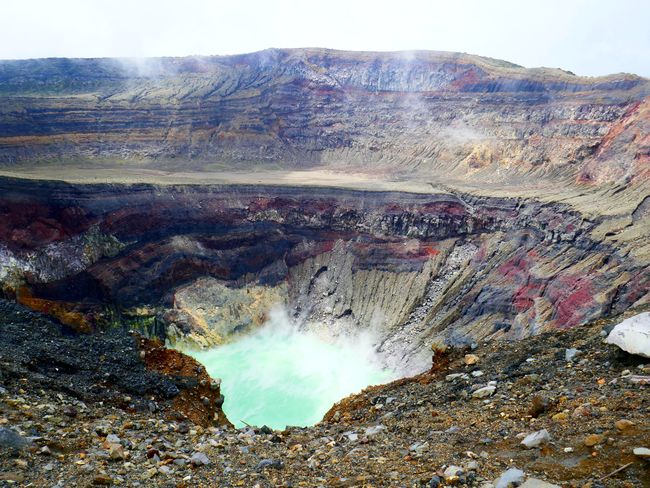
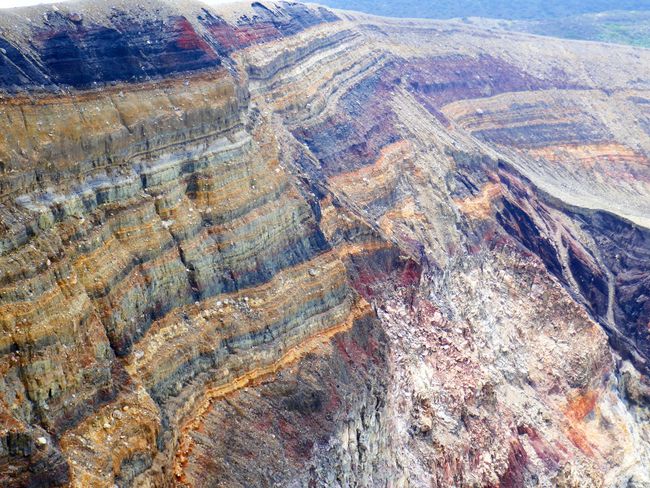
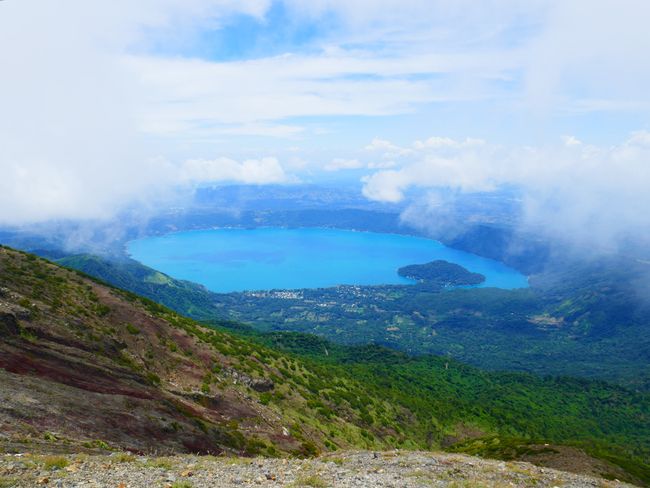
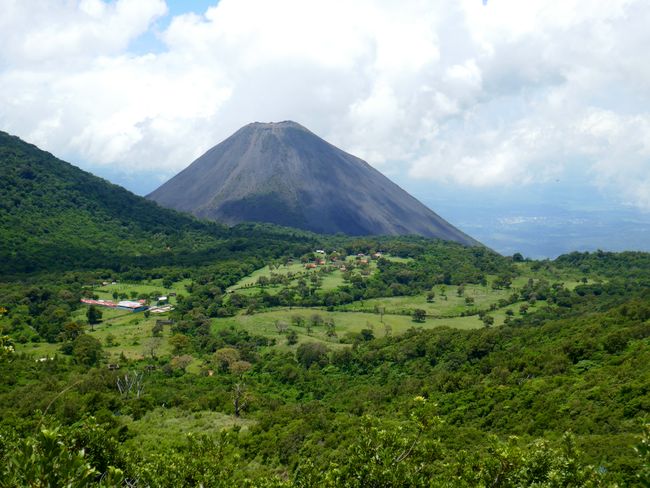
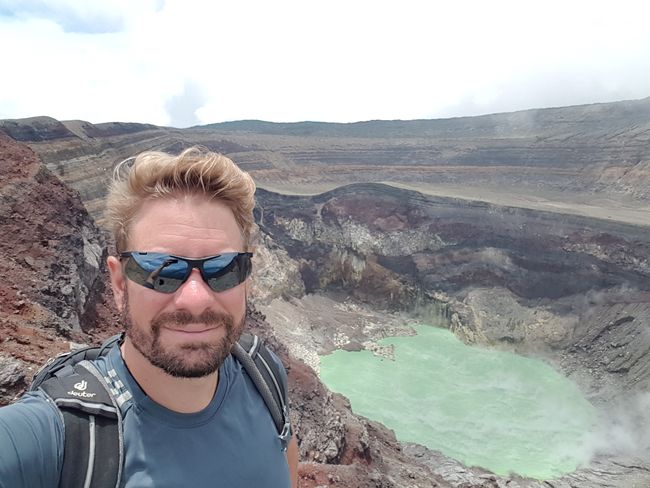
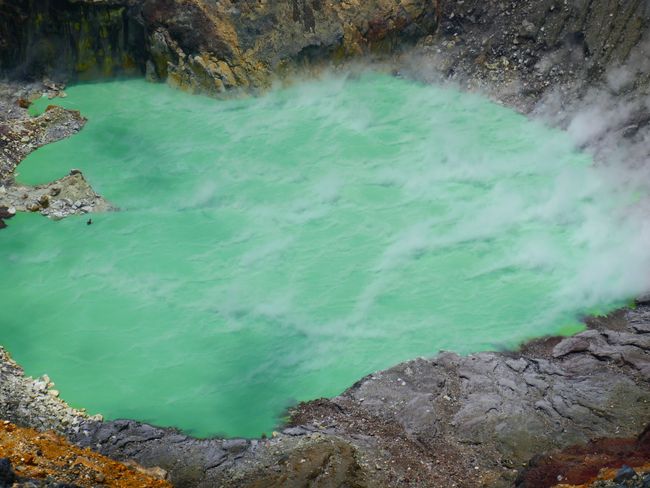
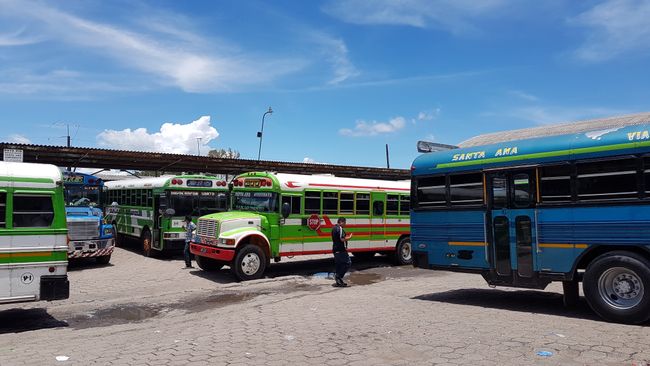
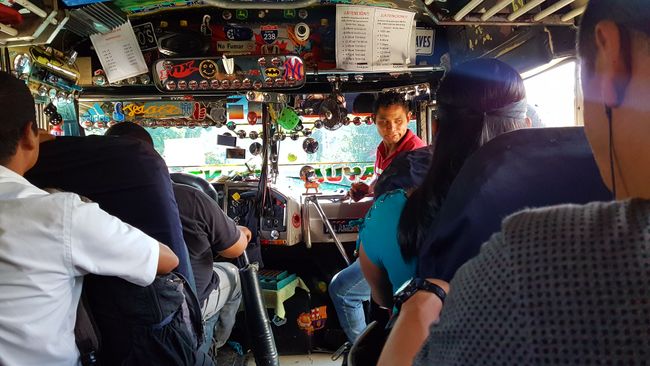
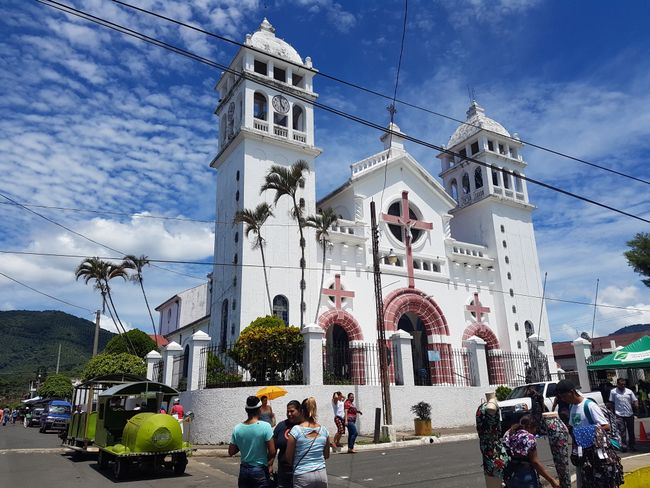
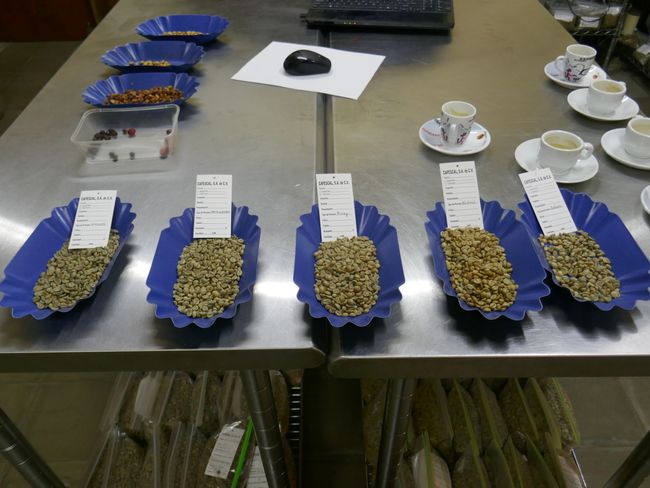
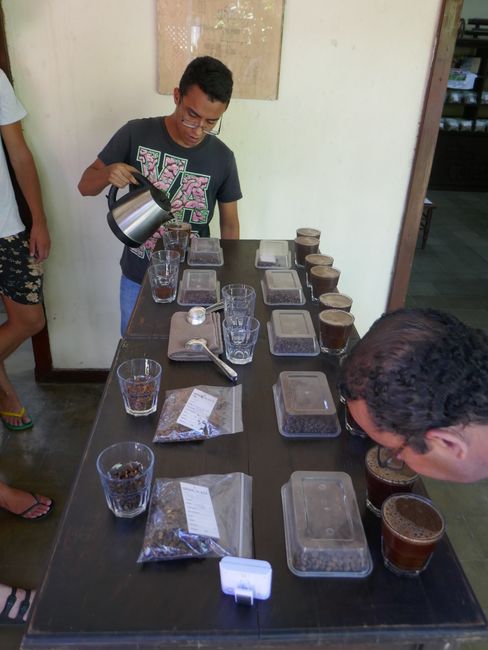
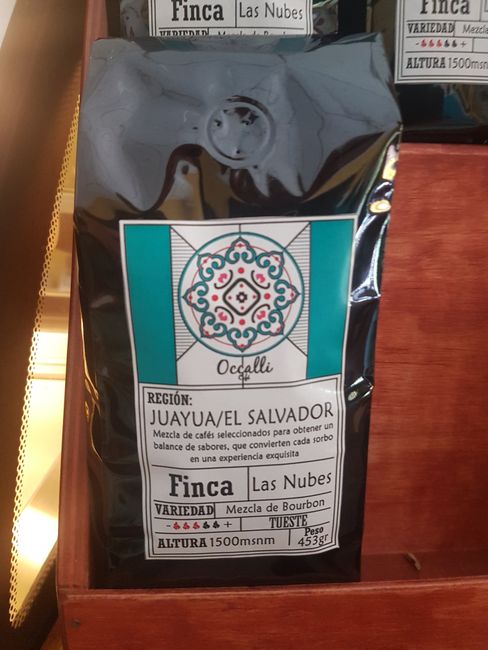
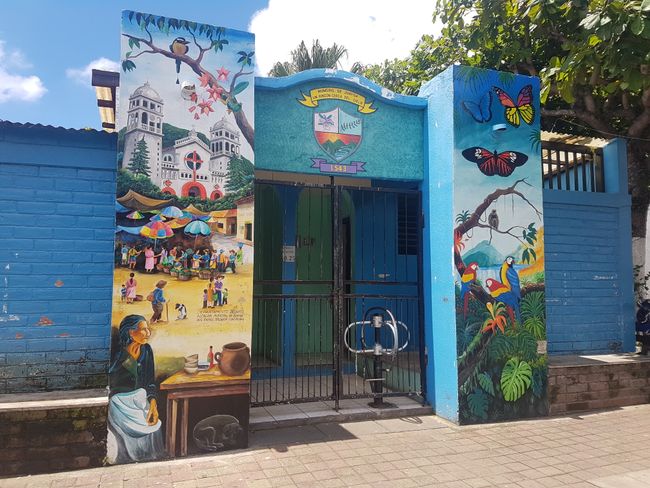
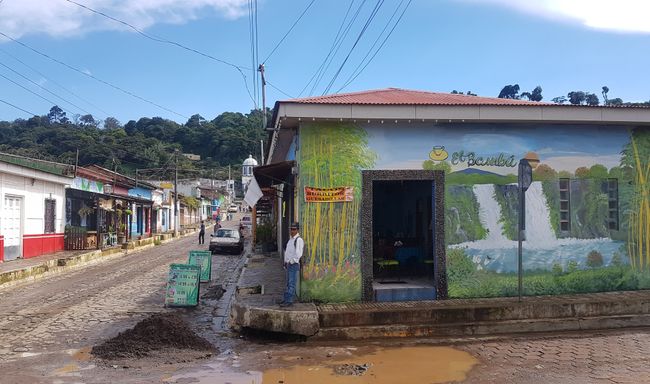
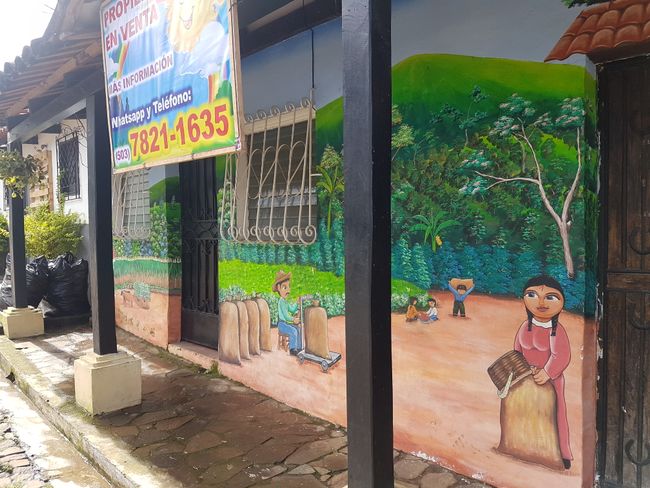
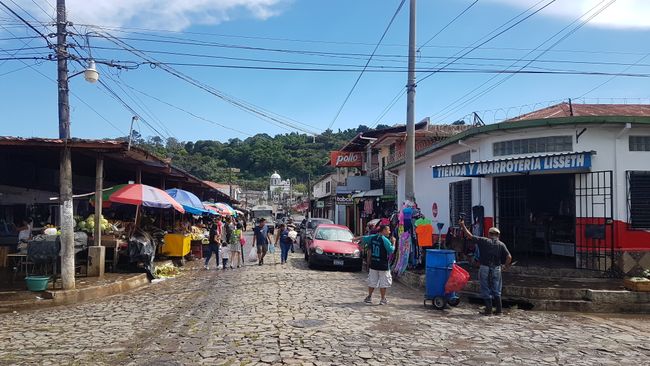
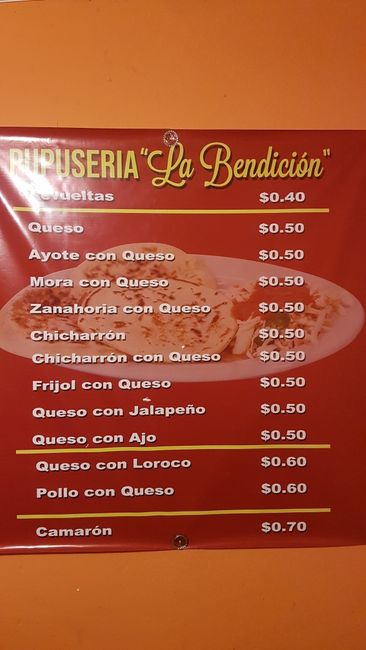
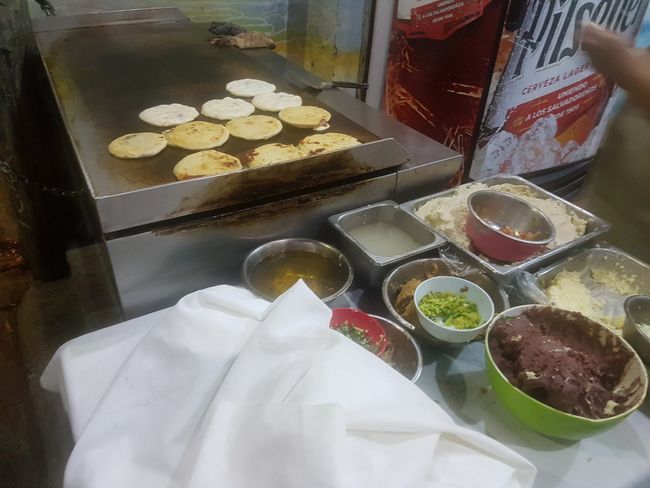
Yatiyäw qillqatar qillqt’asipxam
Wow, these are intense times. After a five-day sailing trip from Panama, I finally arrived in South America, more precisely in Cartagena, Colombia, over six weeks ago. It has been over seven months since I left. Halfway there? Uncertain! 😁
But we're not quite there yet in this blog...
So, let's start with El Salvador:
After my little surfing vacation in El Paredon, I had to return to Antigua for one night because all (tourist) buses to El Salvador depart from there.
Finding a bus to Santa Ana, where I initially wanted to go, was not easy. They often had impossible departure or arrival times. So, I booked a bus heading to San Salvador, with a transfer somewhere in between. But what I didn't realize was that the second bus was a local chicken bus. It went like this: I was dropped off a few kilometers after the border at a junction and was explained how to reach my destination. And all of this in such a dangerous country. But even here, this prejudice will be relativized (at least for tourists), and in the end, everything will work out.
So here I am, standing at a junction in the middle of nowhere. It feels a bit uneasy, but there's no use in that, the other bus is already gone. So I wave to the approaching first bus, which of course stops as always and takes me to Sonsonate and from there to Santa Ana.
When I arrive in Santa Ana, I look for my hostel. The locals' astonished looks are guaranteed. Many tourists still don't dare to come here. But the hostel is one of the best I've seen so far.
For the next day, I immediately sign up for the tour to the Ilamatepec Volcano. The volcano is active. The water in the lake is steaming hot, and the gas constantly bubbles. The hike is not very strenuous, about two hours uphill. At the top, there is a huge crater with a crater lake and a great view of neighboring volcanoes and the landscape of El Salvador. And at the foot of the volcano lies the Coatepeque Lagoon, itself a huge crater lake. The color of the water constantly changes. It's a very beautiful hike. We're back in the early afternoon. For dinner, we order pupusas. Salvadoran stuffed tortillas. Because no one goes out on the streets here after dark.
The following days were relaxed. A coffee tour in a plantation with tasting of different roasting levels and types was very interesting. The city itself doesn't have much to offer. The only thing worth mentioning is the cathedral in Gothic architecture, which is quite exotic in Latin America.
After a few days, it was time to continue to the Ruta de las Flores, the Flower Route, specifically to Juayua. A very pretty little town. The gastronomy festival always takes place there on weekends. And the food was truly excellent. Grilled potatoes and various vegetables with all kinds of meat were a nice change in a region where beans and rice usually dominate the plate.
There were not many flowers to be seen on the Ruta de las Flores, probably due to the season. But the tour through the small villages was a nice Sunday outing. The people here are incredibly warm and interested. It is not uncommon to hear "gracias por visitar El Salvador".
After Juayua, I headed to the capital, San Salvador. From Sonsonate, a larger town, I took the 'modern' bus with air conditioning for the 2.5-hour journey. It cost $3.80 instead of half the price with the chicken bus.
Yatiyäw qillqatar qillqt’asipxam
Jaysawi

Viajes ukan yatiyawinakapa El Salvador markanxa
